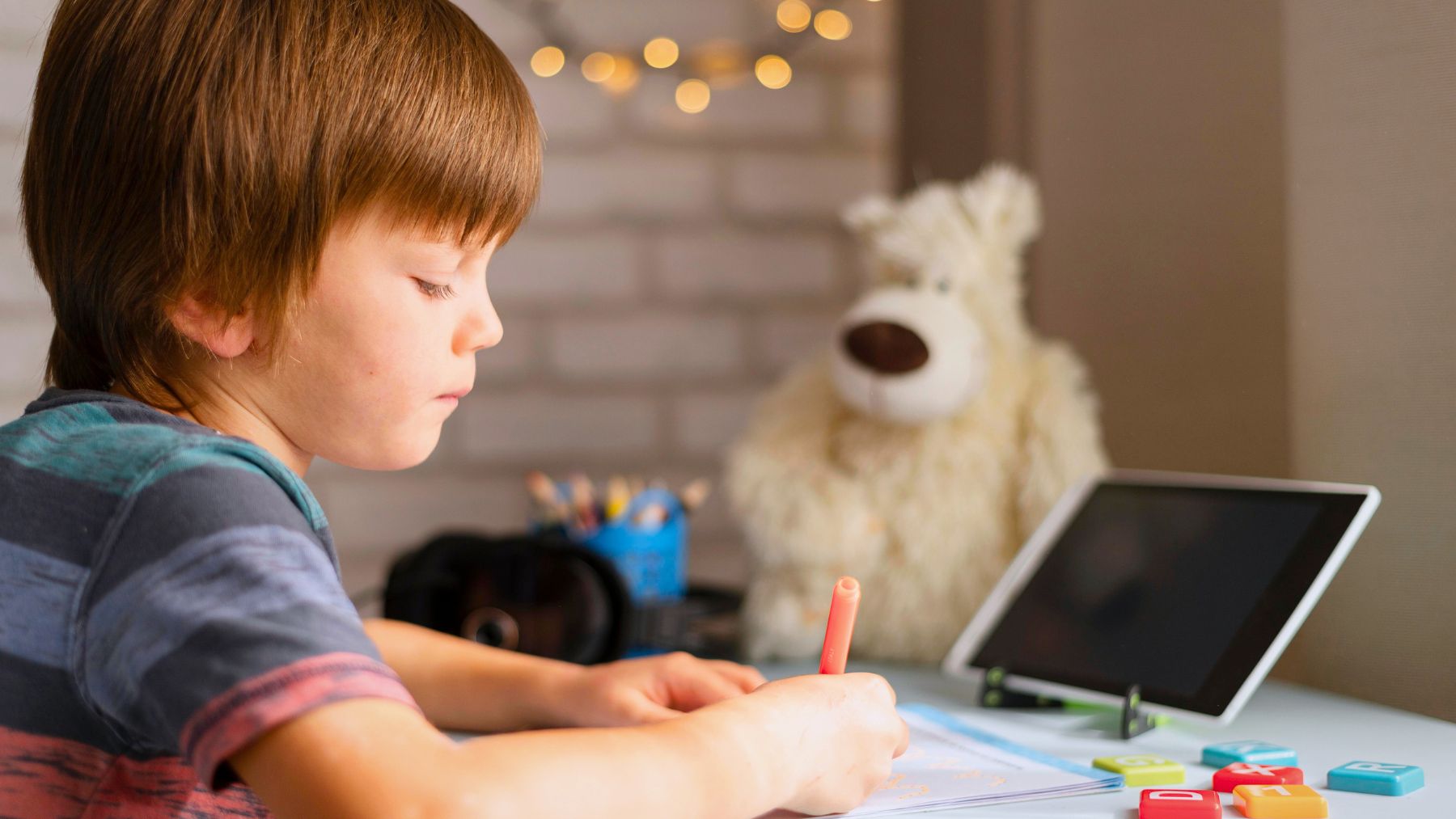Parents often focus on math, reading, and now coding as the areas that reflect academic success. However, there’s another skill that research shows can give kids cognitive advantages, and most US schools still don’t teach it.
It’s chess. Despite being one of the oldest strategy games in the world, it’s rarely part of the curriculum, which is a missed opportunity. Studies show it can improve memory, focus, and, for some, even IQ. One study found that kids who played chess regularly showed significant gains in reasoning, problem-solving, and standardized test scores.
How chess boosts kids’ thinking skills
Chess strengthens core mental functions that kids use across different subjects. It requires focus, planning, pattern recognition, and logic. When they play it consistently, they learn to think ahead, weigh options, and deal with outcomes, skills that translate directly into better performance in math and reading.
In the classroom, chess helps build concentration and patience. Unlike many other games, it doesn’t rely on luck, speed, or strength. Instead, it rewards planning and strategy, which makes it especially effective for developing executive function—the ability to manage time, regulate behavior, and make decisions. These are the same skills kids need to stay organized, focus on tasks, and succeed in school.
Despite the evidence, chess is still absent from most US schools. In countries like Armenia, it’s mandatory, while in others, it’s widely offered as an enrichment activity. In the US, access often depends on whether a school or community has a volunteer or budget to run a program. That leaves a lot of kids without exposure to a proven brain-boosting tool.
How parents can help kids get started with chess
If your child’s school doesn’t offer chess, there are still plenty of ways to bring it into their life. Getting started doesn’t take much, and it doesn’t require any prior experience.
- Start with a basic set at home. You can find inexpensive boards online or in stores. Wooden, plastic, magnetic—any format works.
- Use kid-friendly apps and websites. Platforms like ChessKid or lichess.org offer tutorials, puzzles, and safe environments where kids can play and learn at their own pace.
- Play with them, even if you don’t know how. Learning together makes it more fun. Let them teach you if they pick it up faster, as it helps build their confidence.
- Check for local clubs or library programs. Many communities in the US run free or low-cost chess sessions for kids, which offer social benefits too.
- Watch videos or streams together. Some kids enjoy watching games more than playing at first. YouTube has beginner-friendly chess channels made just for children.
- Treat it like any other skill. Encourage practice, praise effort, and be patient. Chess takes time, but the rewards are worth it.
Chess doesn’t need to replace math or coding—it complements them. It trains the brain differently, helping kids build the focus, discipline, and reasoning they need to thrive. Whether or not schools offer it, parents can give their kids a real advantage by simply introducing the game at home.

